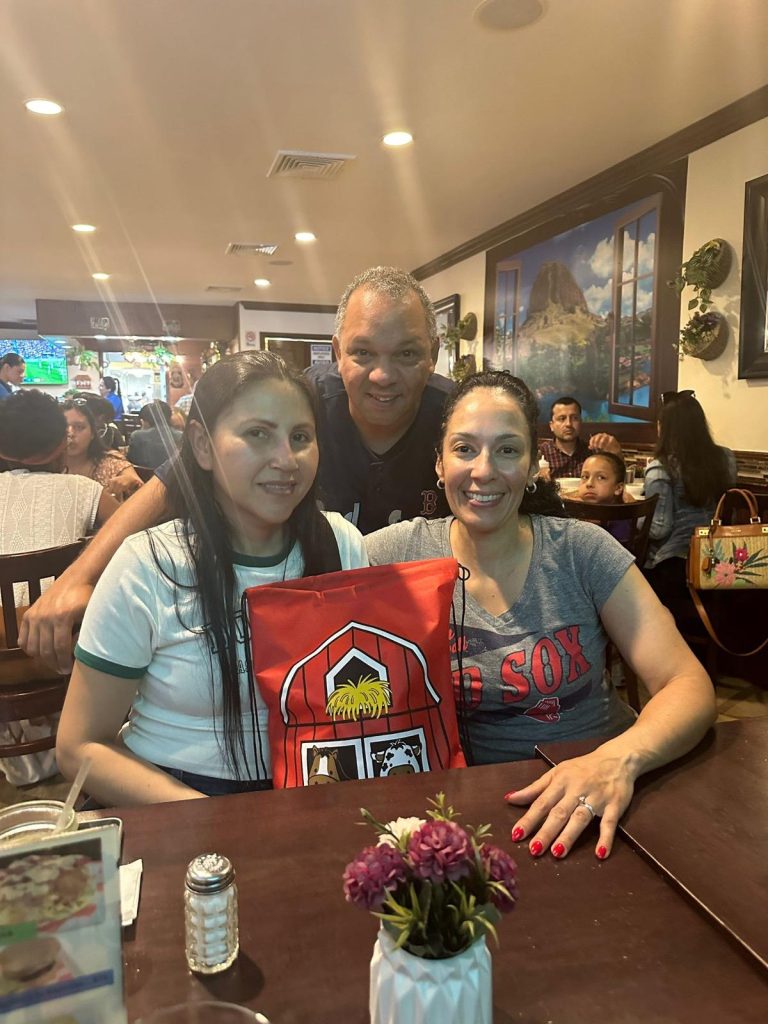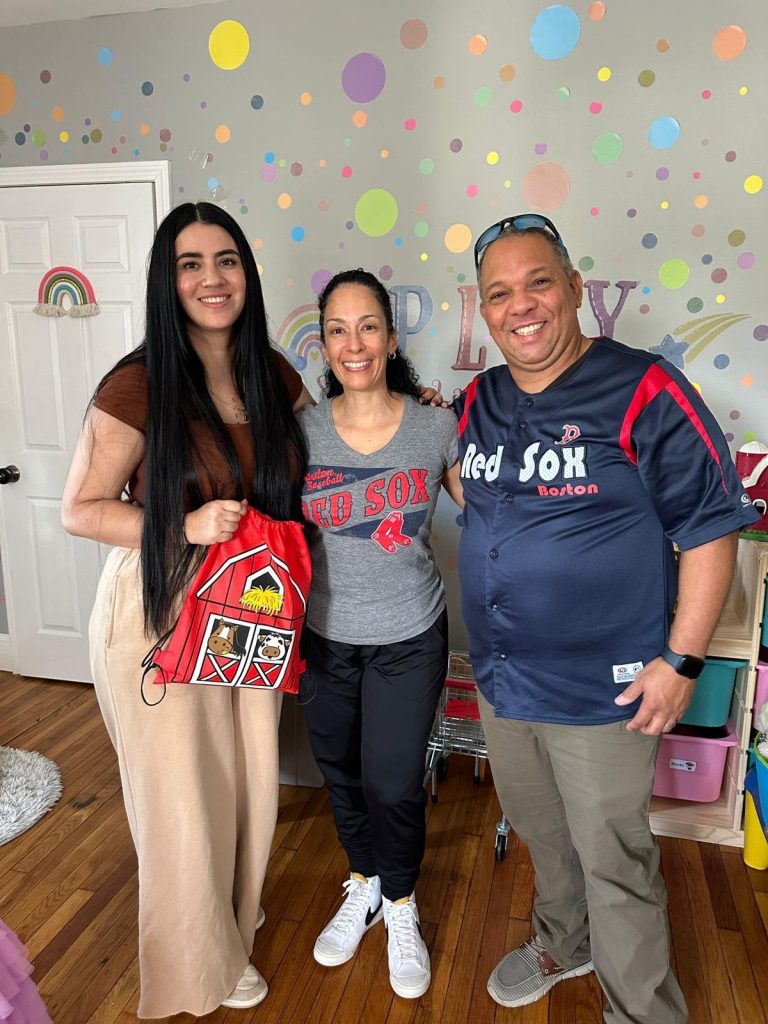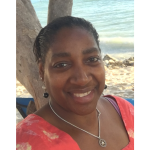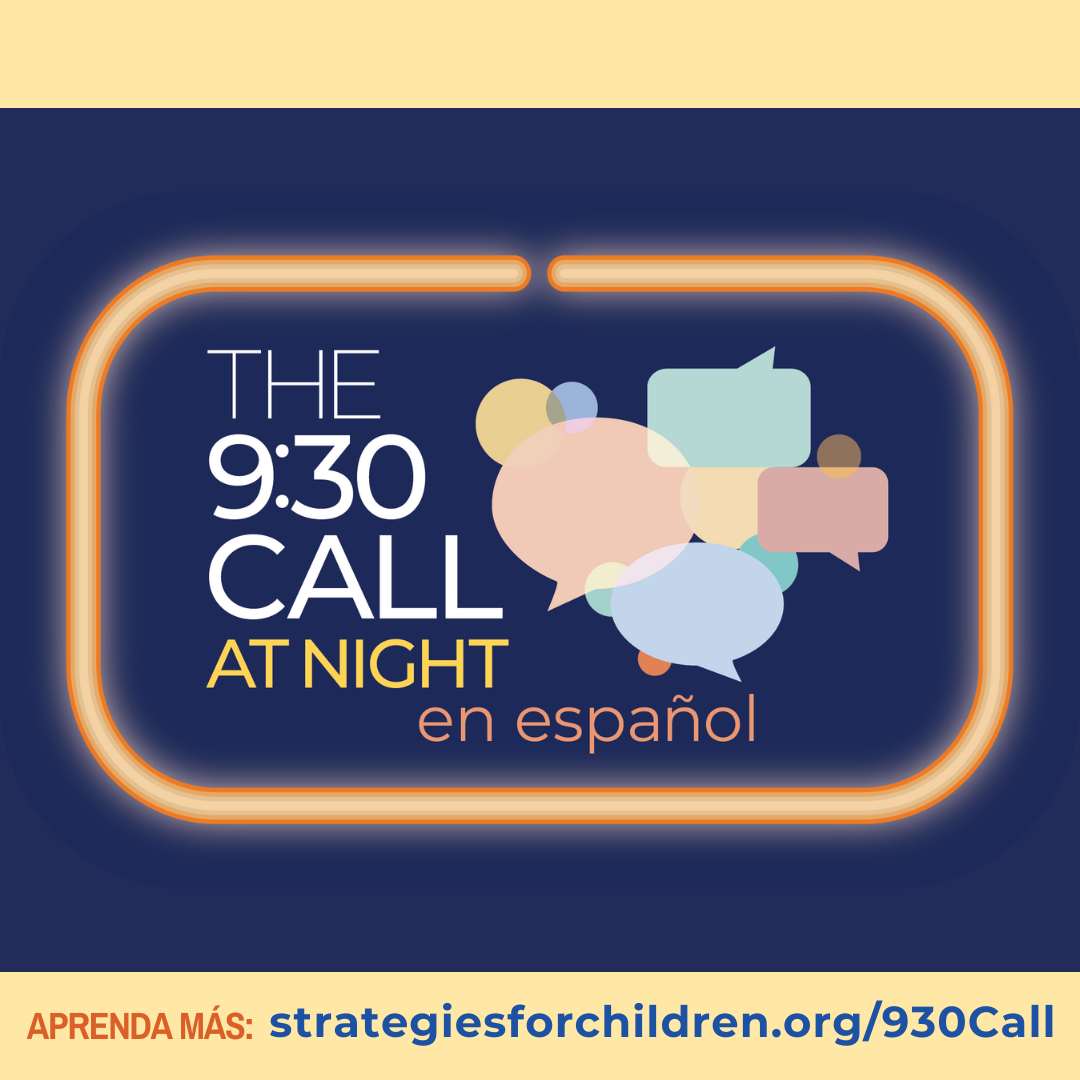The pandemic showed early educators how powerful it could be to talk to each other. Zoom provided a way to have this conversation statewide, and this led Strategies for Children to start hosting The 9:30 Call.
But the more the field talked, the more obvious it became that many early educators were being left out, and this led to the launch of The 9:30 Call at Night and The 9:30 Call at Night in Spanish.
Now, even as the pandemic wanes, there’s still a lot to talk about, including research on child development, new state policies, grant opportunities, and business advice.
All the 9:30 Calls are helping to close some of the communication gaps. And Paula A. Echeverri Durango and Harold Blanco, members of Strategies for Children’s Advocacy Network, are helping to close the gaps even more by co-hosting the nighttime call in Spanish.
The need for the call is considerable, as Diagneris Garcia, Strategies’ director of communications explains, saying:
“When you have institutions like EEC [the Department of Early Education and Care] or DESE [the Department of Elementary and Secondary Education] that have been building policies and processes for decades that are rooted in English and in U.S. norms, and then you want to engage with newcomers who speak diverse languages, interpreter services and translating isn’t enough because you haven’t built the rapport or the relationships. Simply providing instructions in other languages does not always meet everyone’s needs.â€
That’s why two goals of the nighttime calls are to reach early educators who aren’t available during the day and to allow for conversations that go beyond sharing slides or sending instructional emails. It’s in conversations that people can ask questions, share concerns, and build professional connections.


Paula and Harold had already started this work, creating ECCHO-Latino (or Educadores Comprometidos por la Calidad de la Educación Infantil en el Hogar – Latino) and using WhatsApp, a free, easy-to-use app, to connect to Spanish-speaking early education and care providers.
Harold wanted to take the next step and launch a podcast. But when he and Paula learned that Strategies wanted to connect to more Spanish-speaking early educators, they agreed to become cohosts of The 9:30 Call at Night in Spanish, bringing their years of experience as family child care providers and a passion for advocacy.Â
The nighttime format is different from the daytime call. Instead of 30 minutes four days a week, the Spanish-language nighttime call is an hour: a 30-minute presentation delivered by a guest speaker and 30 minutes for an open discussion forum. The call takes place on the third Wednesday of every month.

“We talked about the importance of coaching,†Harold says of the first call that he and Paula co-hosted. The guest speaker was Marcela Simpson who has spent years working as a coach and trainer.
“EEC has the resources,†Paula says. “They have coaches and mentors that help you grow a lot. They can evaluate your program and help you become a better educator. We want people to know about this resource and take advantage of it.â€
Paula and Harold also want people to understand that there is no shame and no risk in working with a coach. And they’re advocating for more resources, pointing out that EEC should have more coaches who have more availability. One source of mentors, Paula and Harold say, could be providers who have been in the field for decades and are now retiring; they could transfer a huge amount of knowledge to the next professional generation.
Other guest speakers on the call have included Angela Divaris, an attorney with Greater Boston Legal Services, who spoke about taxes and tax policy; Jhanet Montoya, the Program Development Specialist for Family Child Care Programs at the Department of Early Education and Care (see the video above); and Advocacy Network member Evelyn Disla.
In June, the call in Spanish featured representatives from two organizations that have been on the nighttime call in English, the Boston Opportunity Agenda and the United Way of Massachusetts Bay. The topic was the workforce report that was released last spring, which focused on family child care providers. The speakers were Paula Gaviria Villarreal of the city of Boston’s Office of Early Childhood, Ayesha Cammaerts fromThe Boston Opportunity Agenda, and Melinda Weber of Shared Services, United Way of Massachusetts Bay. At the end of this presentation, José Rivas, Director of Early Childhood Education at the Urban College of Boston, shared information about the resources that the college offers early educators.
What’s next for the 9:30 Call at Night in Spanish?
Paula and Harold talk about helping early educators understand how their field is changing so they can adapt to changes, such as more school districts offering pre-K programs. They would also like to have legislators come on the call.
This summer, The 9:30 Call at Night in Spanish will “take over” the morning call, once in July and once in August. This means that the call will run in Spanish with Spanish-speaking guests. Excel Linguistics will provide live translation for non-Spanish speaking callers.
The July call will feature family child care educators who will speak about their experiences entering, growing in, and staying in the field. And the August call will feature the Urban College of Boston and its academic offerings, professional development programs, and support services.
In the fall, starting on September 18th, we will return to our regular cadence and meet every third Wednesday of the month at 6:30 p.m. on Zoom. Upcoming guest speakers will include educators, community advocates, and elected officials. Discussions will cover professional development opportunities, support services, and advocacy opportunities.
What’s the most important part of The 9:30 Call at Night in Spanish?
“The connection,†Paula says. “When you work in this job, it’s rewarding because children give you energy, but you don’t always have another person at your level to talk to. So many providers work alone, and they need somebody to talk to, to ask for help, to exchange ideas with.â€
“The topics that we’re trying to share,†Harold says, “will help us understand the whole picture of the child care field.â€
Garcia adds, “We want to help move early educators from surviving to thriving. And we want to reach speakers of diverse languages. We’ve gotten a couple of requests about Portuguese, and I can imagine us getting other requests about offering the call in additional languages.â€
As The 9:30 Call at Night in Spanish continues, it promises to spread more information more widely, build stronger professional communities, encourage more professional development, and reach immigrants who are new to Massachusetts.
“In all the versions of The 9:30 Call,†Paula says, “it’s amazing how much you can learn and grow from the information you get there.â€Â


